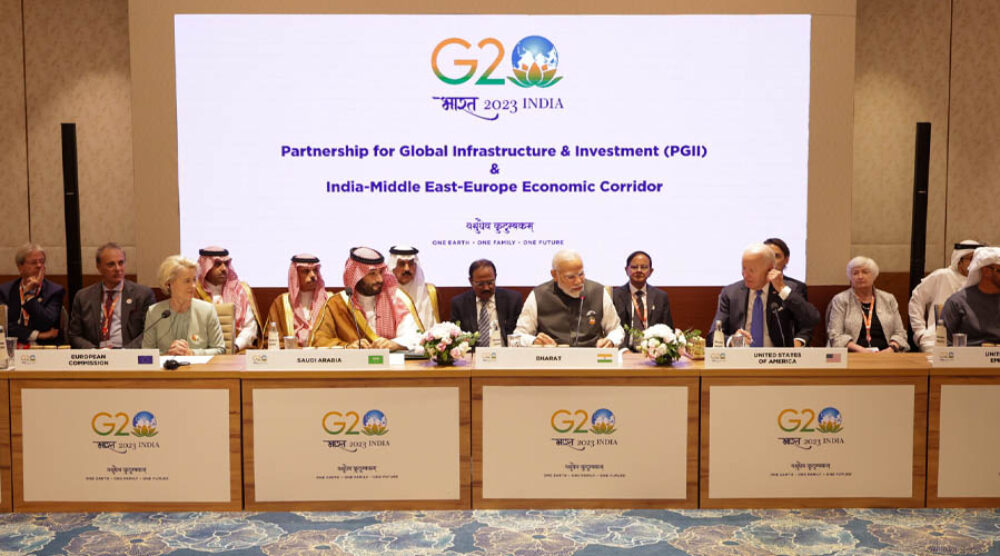IAN HALL |
Chairing a forum as unwieldy as the Group of 20 (G20) is not easy at the best of times. The grouping has no headquarters or secretariat. The G20 chair rotates between the members, leaving the diplomats of whichever country holds it with the unenviable task of organising hundreds of meetings, as well as a leaders’ summit closely scrutinised by the world’s media.
India took on the role after a difficult meeting hosted by Indonesia in Bali in mid-November 2022. That summit was overshadowed, like this one, by Russia’s assault on Ukraine and tensions between the major powers over debt, energy, food, inflation, trade and technology. Indonesia managed to broker agreement on a joint declaration, but only just – and disagreement about the wording on Ukraine resurfaced soon afterwards.
Nevertheless, New Delhi was keen to take on the job. With a general election pending in 2024, Narendra Modi’s government no doubt saw an opportunity to make the pitch to voters that India is now a respected global player. They will have recognised too that the G20 and all the non-official “engagement groups” that meet alongside it, including the business, civil society, and women’s groups, are useful in showcasing the host to investors and travellers. But it is clear that New Delhi also calculated that despite the challenging circumstances, there were potential diplomatic gains to be had in chairing the G20.
Please click here to read the full “India pushes China to the margins of the G20” article published at The Interpreter, written by Griffith Asia Institute member, Professor Ian Hall.








